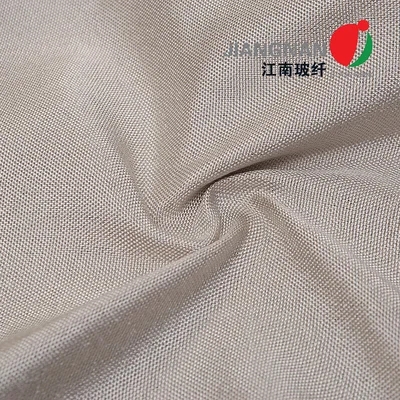Drywall, commonly known as gypsum board, is a widely used building material that revolutionized the construction industry. Its versatility, durability, and ease of installation have made it a popular choice for walls and ceilings in residential and commercial buildings. But have you ever wondered why it is called drywall? In this article, we will delve into the origins of drywall and explore the reasons behind its intriguing name.
- The Origins of Drywall:
Drywall's history can be traced back to ancient times when different civilizations used various materials to create walls and ceilings. However, it was not until the 20th century that drywall as we know it today emerged. The invention of gypsum board revolutionized the construction industry, providing a faster, more efficient, and cost-effective alternative to traditional plaster and lath. - The Role of Gypsum:
Gypsum, a naturally occurring mineral, is the key component of drywall. It is a soft sulfate mineral composed of calcium sulfate dihydrate. Gypsum's unique properties make it an ideal material for construction purposes. It is fire-resistant, soundproof, and has excellent thermal insulation properties. Moreover, gypsum is abundant and widely available, making it an environmentally friendly choice. - The Manufacturing Process:
To produce gypsum board, manufacturers start by mining and crushing gypsum rock into a fine powder. This powder is then mixed with water to form a slurry, which is poured onto a continuous sheet of paper. The slurry-covered paper is then sandwiched between two layers of paper, forming a composite panel. The panel is then dried in a kiln, resulting in a rigid board ready for installation. - Advantages of Drywall:
Drywall offers numerous advantages over traditional construction materials, contributing to its widespread use. Some key benefits include:
- Ease of Installation: Drywall is lightweight and easy to handle, allowing for quick and efficient installation. It can be easily cut, shaped, and attached to framing, saving time and labor costs.
- Versatility: Drywall can be used for various applications, including walls, ceilings, and partitions. It provides a smooth, seamless surface that can be painted, wallpapered, or textured to suit any design aesthetic.
- Fire Resistance: Gypsum board is inherently fire-resistant, as gypsum contains water molecules that are released when exposed to heat, helping to slow down the spread of flames.
- Soundproofing: Drywall's dense composition and ability to absorb sound make it an excellent choice for reducing noise transmission between rooms or floors.
- Sustainability: Gypsum is a recyclable material, and the manufacturing process produces minimal waste. Additionally, drywall can be easily repaired or replaced, reducing the need for complete renovations.
Conclusion:
Drywall, or gypsum board, has revolutionized the construction industry with its versatility, durability, and ease of installation. Its unique properties, derived from the abundant mineral gypsum, make it an ideal choice for walls and ceilings. From its ancient origins to the modern manufacturing process, drywall has come a long way. Its advantages, including ease of installation, fire resistance, soundproofing, and sustainability, have solidified its position as a preferred building material. So, the next time you admire the smooth walls of a building, remember the fascinating story behind drywall, the unsung hero of modern construction.



